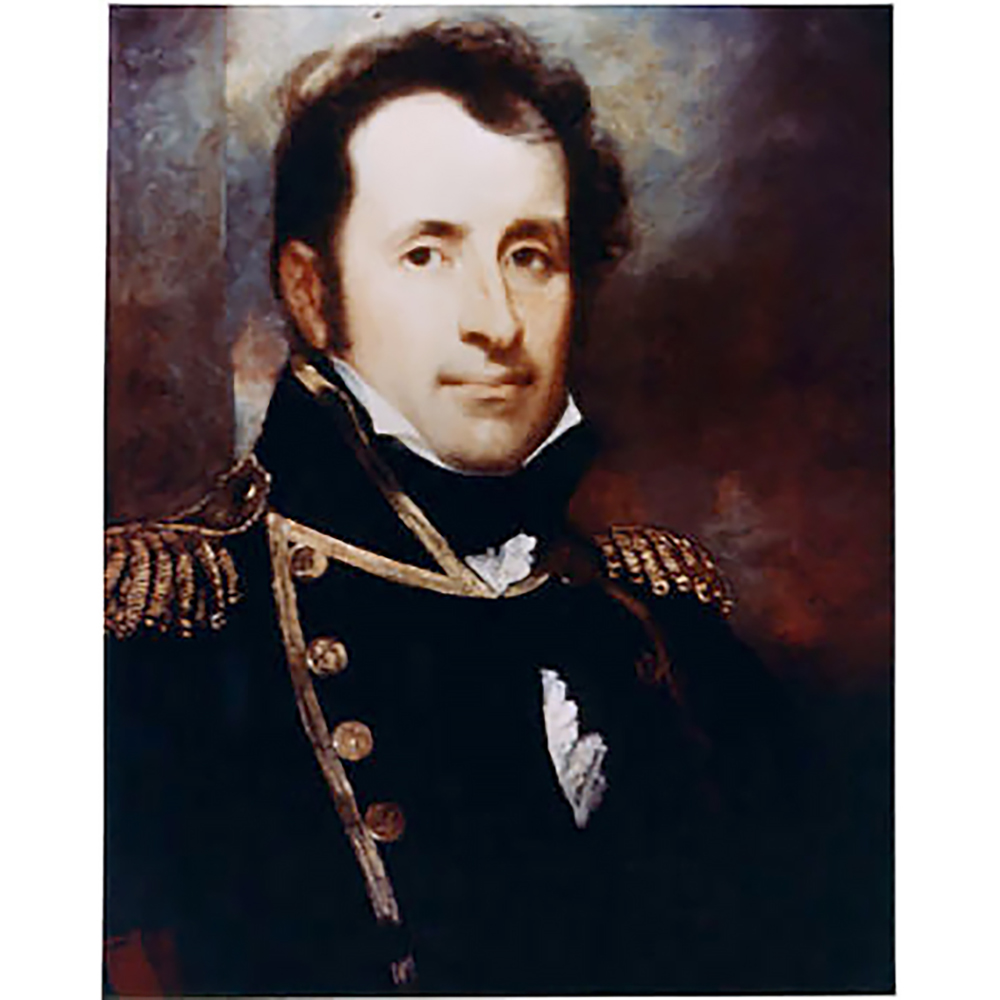By Seth Grossman
One month after America declared independence in 1776, New Jersey adopted the state motto we still have today: “Liberty And Prosperity.” The history of the Somers Point area may explain why.
Contrary to popular mythology, Somers Point is not named after Richard Somers, the U.S. Navy hero. It is instead named after his great-grandfather, John Somers.
John Somers was a Quaker. He was part of a large group of Christians who rejected both the Catholic Church and various Protestant denominations in England during the 1650’s.
Quakers saw no need for specially trained priests or pastors, organized prayer services, or formal church doctrines. They believed that any person of good will who read the Bible, applied reason and logic, and who went to meetings to openly share his or her opinions with others would learn what God wanted them to do.
At that time, Catholics and Protestants including Anglicans, Puritans, and Presbyterians, were fighting for control of England, Scotland, and Ireland. All of them disliked and persecuted the free-thinking Quakers. Thousands of Quakers, including William Penn, fled to English colonies in America to enjoy religious freedom.
Quaker William Penn founded Philadelphia and Pennsylvania in 1681. Around 1693, John Somers moved to what is now Somers Point in New Jersey. Later, he bought 3,000 acres of land for a farm and built the brick and stone house that still stands on the hill by the bridge to Ocean City. Although they came for religious liberty, these Quakers and other colonists soon enjoyed prosperous lifestyles that only the most privileged few in Europe enjoyed.
These early Americans achieved this without violence, conquest, or exploitation. They did not steal land from Indians.
Very few Native Americans lived here. Although many came here to hunt, fish, and gather clams in the summer, most spent the rest of the year in what is now Maryland and Delaware. Those who did claim land here were paid a fair price for what they chose to sell. William Penn and other Quaker leaders insisted on it.
Quakers were also forbidden to own or trade slaves, or profit in any way from slavery. Any Quaker who did so was shunned and expelled from the community.
English historian Paul Johnson explained how the Quakers and others who came to America between 1676 and 1776 achieved such rapid and spectacular economic success.
In Europe, only those with licenses or permits from the government could build ships, dams, mills, or roads or manufacture, transport, or sell most goods. Only a very few members of the nobility and those who did favors or paid bribes to government officials got those permits. In New Jersey and most of America, everyone was equally free to build or go into any business he or she wanted with the land they bought and the money they earned. Also, taxes were far lower than anywhere else in the world, and almost non-existent.
The British allowed settlers to determine for themselves what government they wanted in New Jersey. Those settlers decided they wanted very little.
Each county in New Jersey had just four paid officials. A county clerk recorded land ownership. A county surrogate determined who inherited property when someone died. A county judge decided disputes. A county sheriff, with the help of citizen volunteers called a “posse comitatus,” enforced the law.
These officials were paid with fees they charged the people who used their services. Taxes were paid to build and maintain the courthouse, jail, and public roads. Only owners of real estate (freeholders) paid taxes on the land they owned. That is why only those landowners could vote or hold public office to decide how that tax money was spent.
Paul Johnson said that in colonial America from 1676 to 1776, this combination of opportunity to go into any business together with almost non-existent taxes created “limitless opportunities for the skilled, the energetic, and the commercially imaginative.” Evidence of this economic boom can still be found all over South Jersey.
The home of John Somers in Somers Point is still standing and open to visitors. The Somers Point Historical Museum contains artifacts and replicas showing how early settlers supplemented their farm income by building ships and boats to go whaling, catch fish, and transport goods all over the world. Place names like “Mill Road,” the dam across Patcong Creek beneath Central Avenue in Linwood, ruins and old photographs remind us of how early settlers created artificial lakes to power water wheels, grain and lumber mills.
Is this why New Jersey adopted “Liberty and Prosperity” as our state motto as soon as we declared independence in 1776?
Seth Grossman, a retired lawyer in Somers Point, founded LibertyAndProsperity.com in 2003 and serves as its executive director. The group meets for breakfast every Saturday morning from 9:30 to 10:30 a.m. at the Banquet Room of Sal’s Coal Fired Pizza, 501 Route 9 in Somers Point. Grossman can be reached at sethgrossman49@gmail.com or 609-432-3026.






